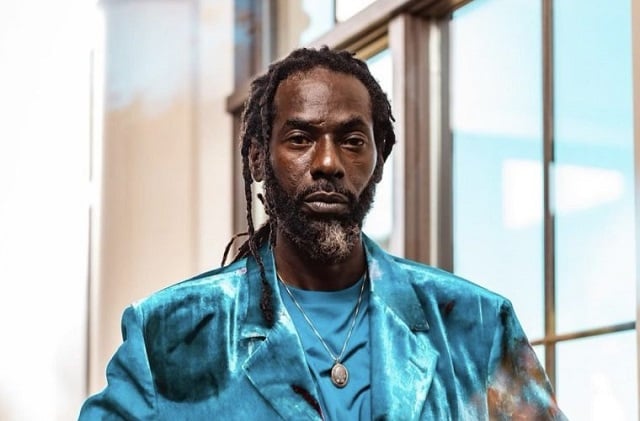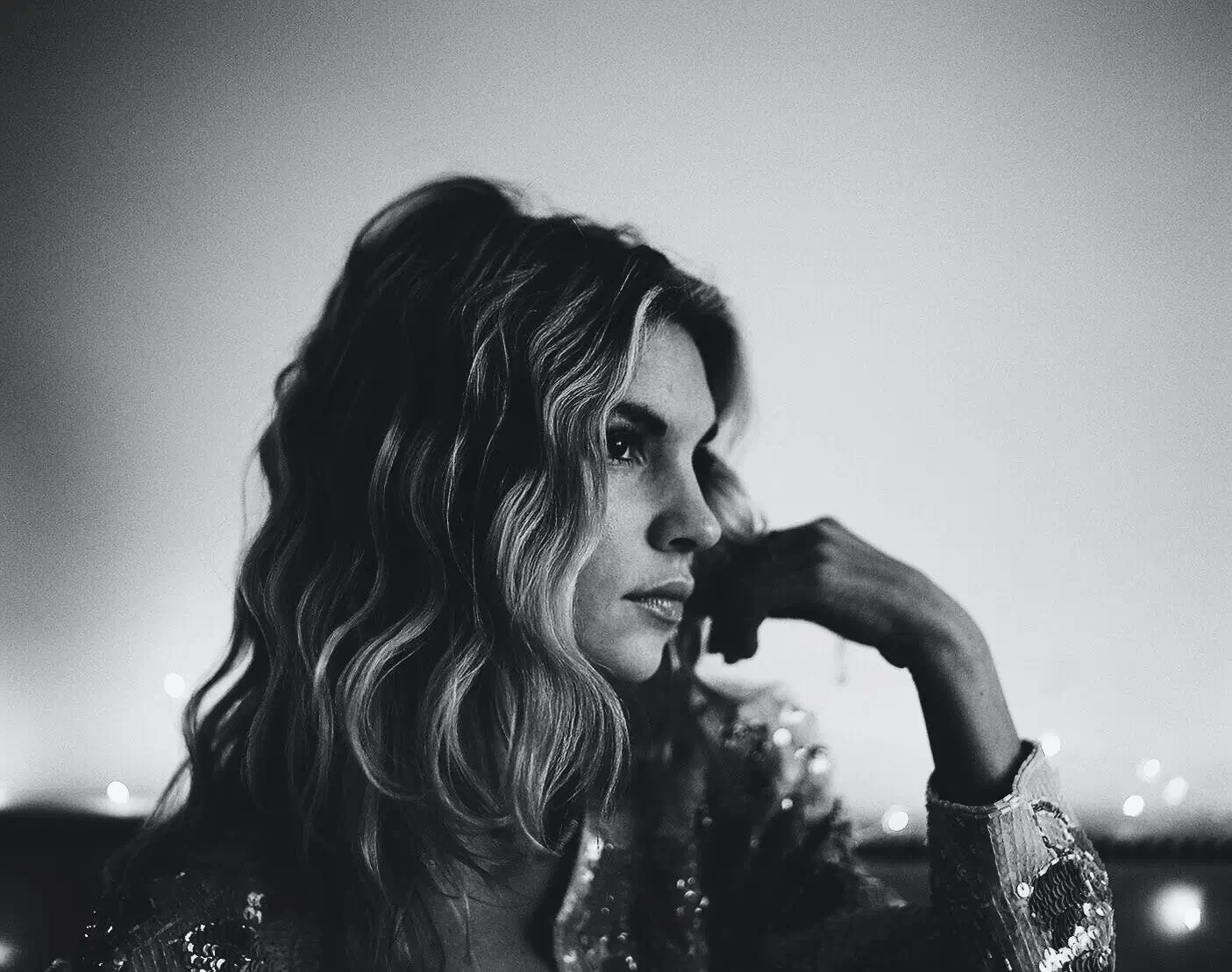A tribute to the artist, the anthem, and the man behind the mission
There’s a moment—maybe it’s the first beat drop, or the swagger in the first lyric—when “Walk Like a Champion” hits your spirit, not just your ears. That song doesn’t just play. It strides. It claims. And it reminds anyone listening that greatness isn’t requested—it’s walked into, head held high.
At the center of that walk is Buju Banton, a name etched deep into the bedrock of Jamaican music history. More than a dancehall legend, more than a reggae revolutionary, Buju is a cultural force—a voice that has carried messages of defiance, faith, resistance, and redemption through generations. And “Walk Like a Champion”? That wasn’t just a hit. It was a blueprint. An affirmation. A soundtrack for anyone coming from the bottom with the fire to rise.
The Work Behind the Walk
Long before the world knew him as Buju Banton, he was Mark Myrie, a Kingston-born youth absorbing the energy of the streets and the sound systems. He didn’t come up easy—but he came up focused. In an industry that favors hype over hustle, Buju never cut corners. His early rise was relentless: dozens of singles dropped in a year, studio sessions that bled into sunrise, a voice sharpened by practice, not privilege.
“Walk Like a Champion” emerged from that ethic. Released in 1995, it was confident without arrogance—an anthem for those who knew the value of self-worth without waiting for validation. Over a crisp, bouncing riddim, Buju spit game not just to impress a girl, but to announce: I am already what I say I am. That energy hit global airwaves and never left.
Style That Spans Generations
In a time when music trends move fast and disappear even faster, “Walk Like a Champion” remains—sampled, remixed, referenced. It’s not just nostalgia. It’s relevance.
From New York basement parties to London grime sets, the cadence of Buju’s delivery and the weight of his words continue to influence emerging artists across genres. Whether it’s Afrobeat stars nodding to his flow or trap artists echoing his bravado, the fingerprints of Buju’s sound are everywhere. His voice carries that rare DNA: unmistakable, inimitable, eternal.
And yet, Buju has never been stuck in the past. His return to music in recent years has been met with global respect and fresh momentum. He tours with purpose. He records with precision. There’s no chasing clout—only chasing clarity.
Champion of the People
Buju Banton’s legacy isn’t built solely on his discography. It’s built on what he gives back.
In recent years, his Buju Banton Foundation has become a symbol of his belief in change—not through speeches, but through action. Focused on supporting at-risk boys in Jamaica, the foundation offers educational resources, mentorship, and opportunities for youth who often go unseen.
For Buju, philanthropy isn’t charity—it’s community restoration. It’s giving others the tools to walk like champions in their own right. He’s not just speaking life into lyrics; he’s putting real investment into futures.
A Bequest in Every Step
“Walk Like a Champion” may have been born in the ’90s, but its heartbeat is timeless. Because at its core, it’s not about fashion, trend, or temporary status. It’s about posture. Presence. Purpose.
Buju Banton walks like a man who has seen struggle, embraced growth, owned his story, and refuses to shrink for anyone. That energy—bold, grounded, unbreakable—is what makes his music more than music. It makes it memory. Movement. Mantra.
And as long as there are underdogs rising, as long as there are stories untold, as long as there’s someone with a dream bigger than their circumstances—“Walk Like a Champion” will keep playing. And Buju Banton will keep leading that march.
No comments yet.








